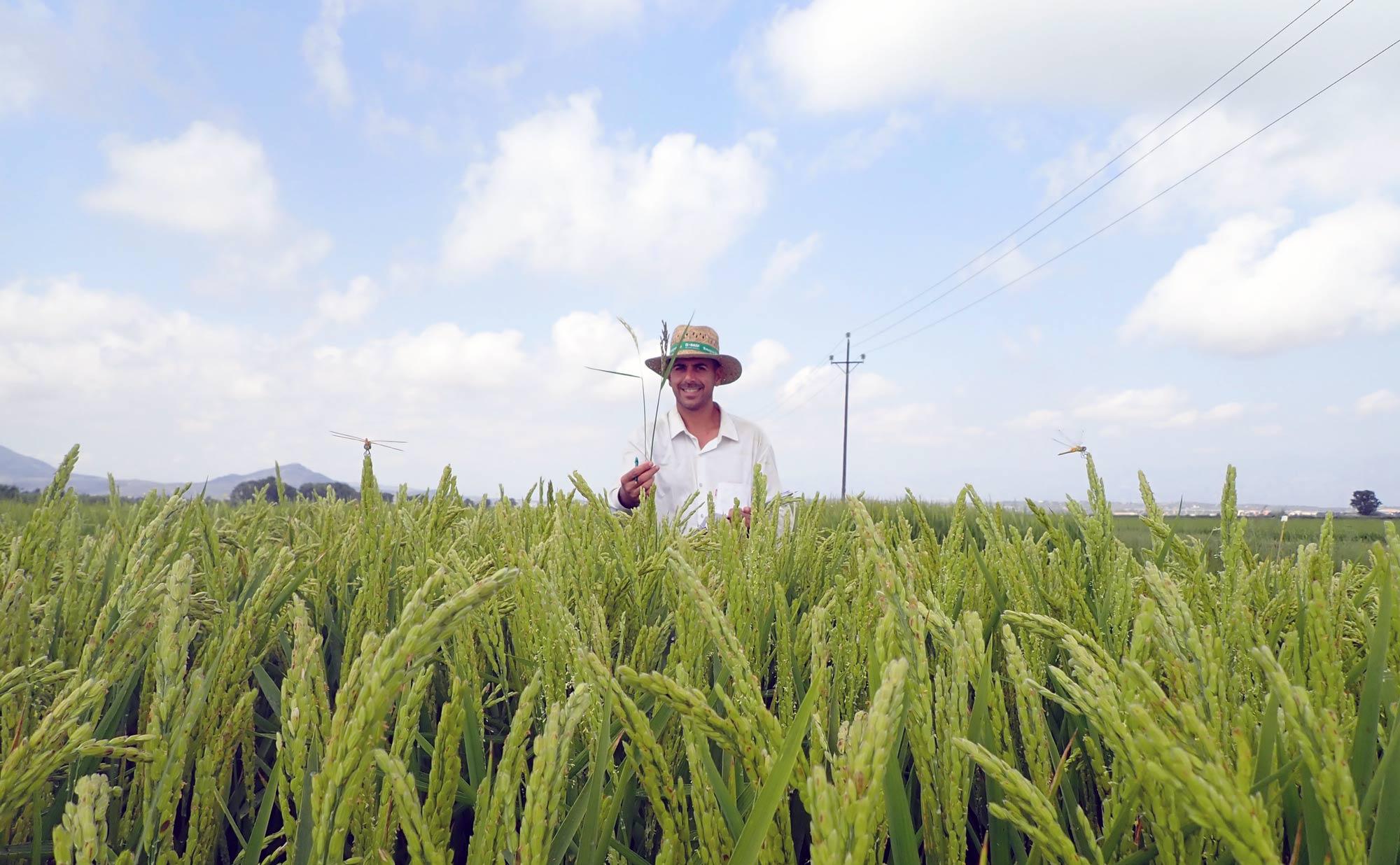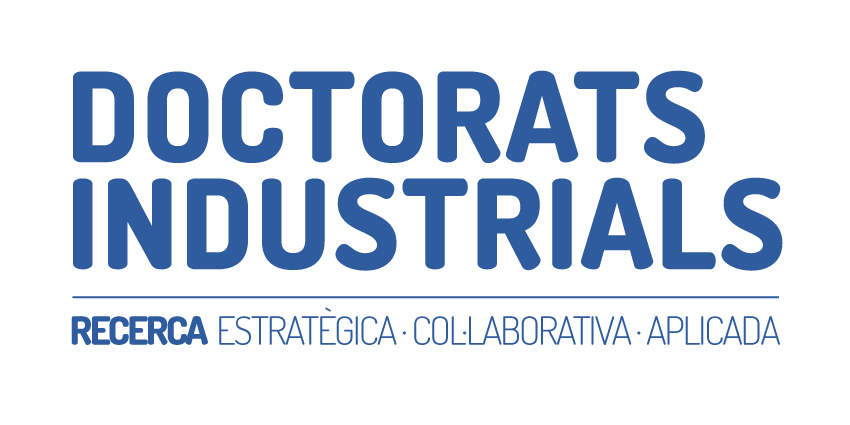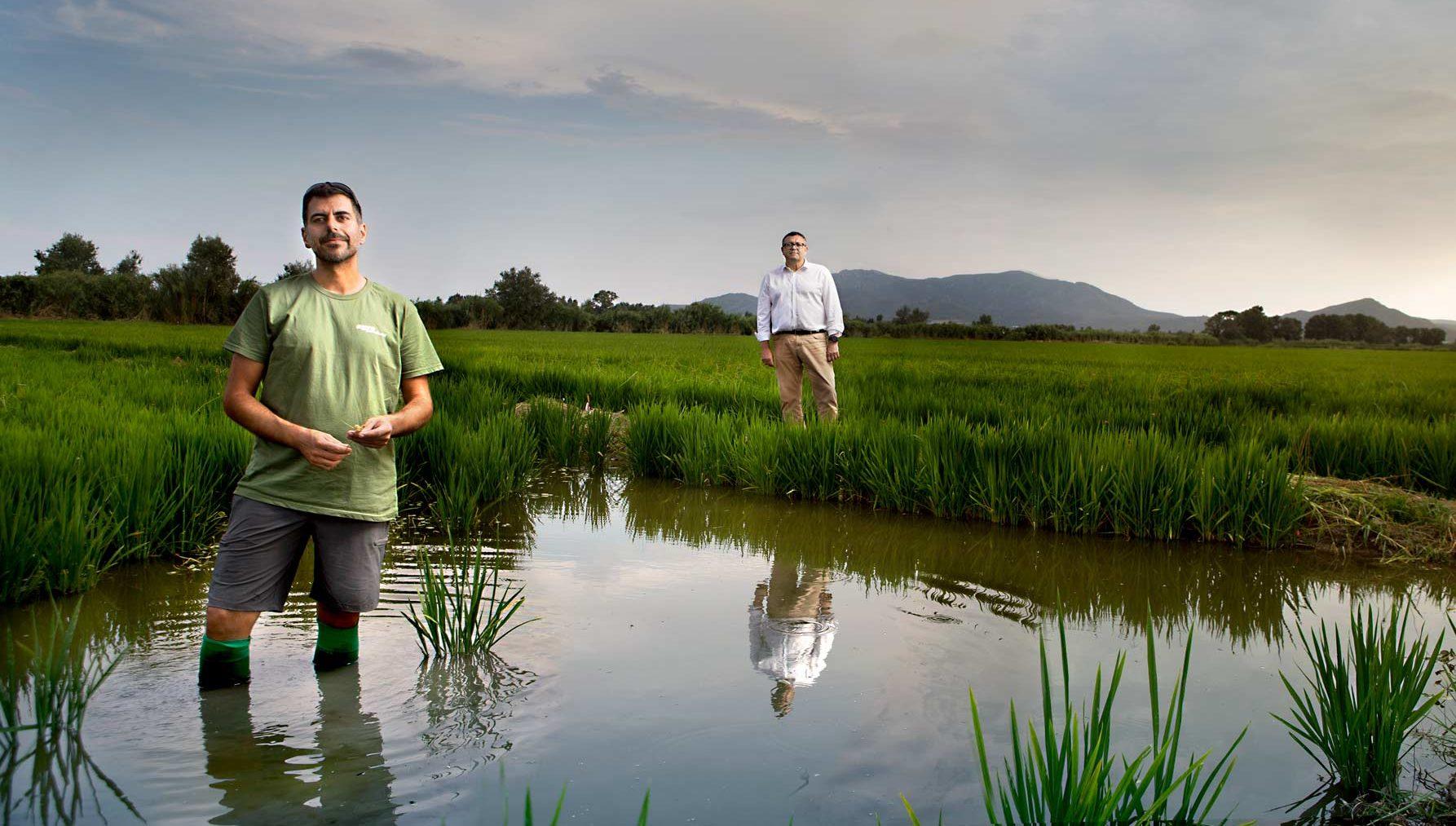
A new model of rice production
The industrial doctoral project Organic Delta Rice Project (ODR) is an initiative of the company Agroserveis.cat in collaboration with the University of Barcelona. At the head of this collaborative and innovative research is Alfred Palma, an industrial doctoral student and also technical director of this company, who lives with the considerable challenge of combining the two tasks.
Palma started this DI project in 2019 with the aim of transforming the rice production model in the Ebro Delta. This transformation aims to adapt to the new strategies of the European Union such as the Green Deal, biodiversity and from farm to fork, in order to achieve an improvement in the agronomic, environmental, social and economic fields. Specifically, the ODR project was created to offer alternatives to the management of rice farms, which today base their sustainability on economies of scale, trying to reduce the average cost of production as the quantity produced increases.
The value proposition of the project is based on the commitment to an organic product with quality certification with the seal of the Catalan Council of Organic Production (CCPAE). This certificate is awarded to agricultural and food products that comply with the regulations established for organic production. At the same time, the certificate guarantees that the products have been grown or produced following the organic farming practices set out in the European regulation, respecting the environment and promoting biodiversity, guaranteeing that no synthetic chemicals such as pesticides or fertilizers have been used, critical objectives of the ODR Project. In fact, Palma states from the outset that the organic production system "is already an agricultural practice that generates a completely different situation in the countryside that implies a paradigm shift in terms of biodiversity".
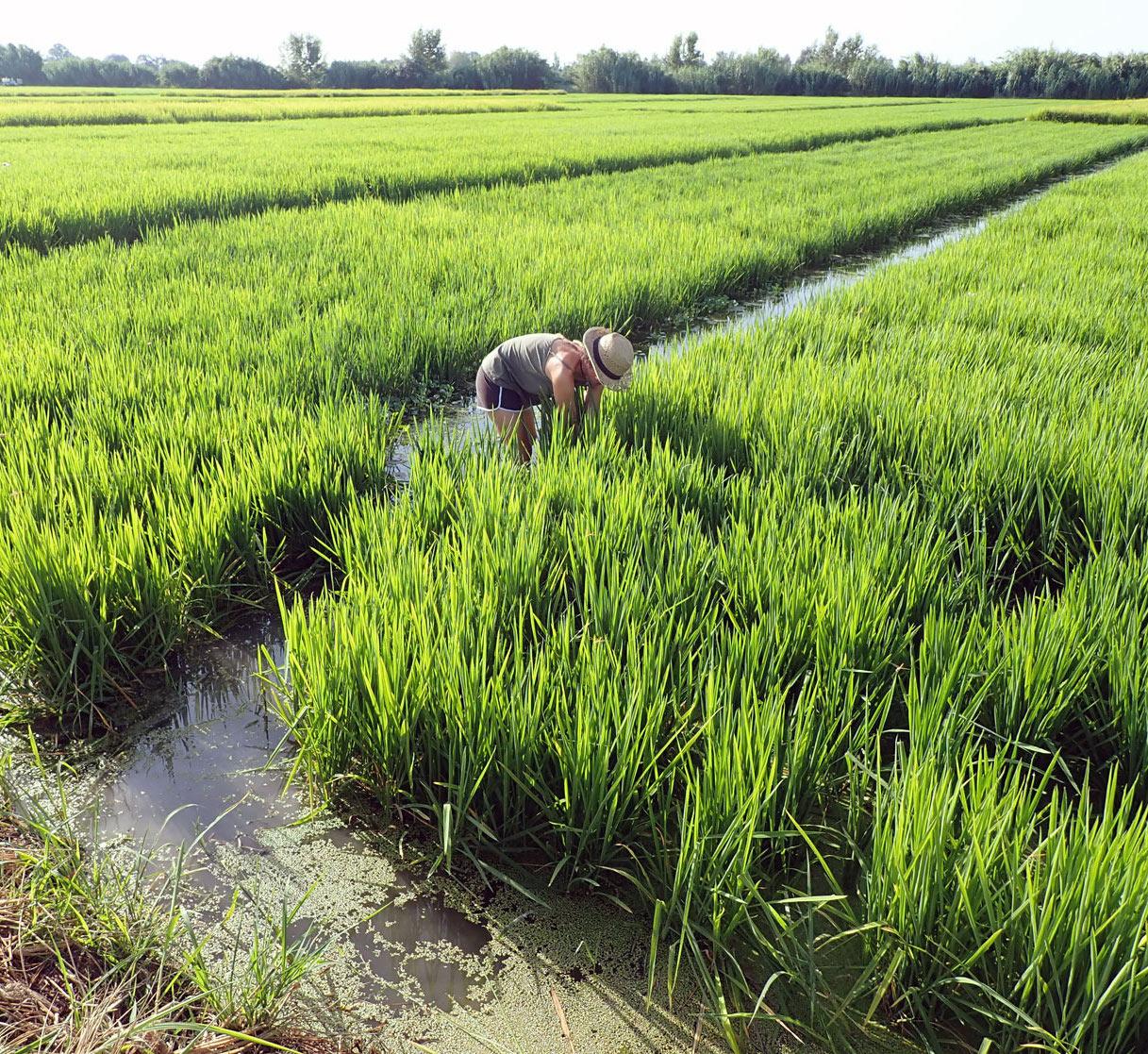
The proposal of this new strategy seeks to transform the current dynamic that is leading to a growing concentration of rice land in the Ebro Delta in the hands of fewer and fewer farmers. This trend is mainly explained by the difficulty of maintaining sufficient economic returns, a situation that hinders the generational transfer of land. Many young people, with no prospects for the future, opt for other activities, thus leaving a gap in the continuity of traditional rice agriculture in this territory.
In addition, this change is also intended to face the challenge of improving the biodiversity associated with the ecosystem of rice fields in a place as special as the Ebro Delta. Also trying to maintain a balance in the productivity of the rice fields. The challenge of preserving the agricultural character of the Delta, with rice as the main crop, is closely linked to the protection of the natural and cultural values that make up this unique place in the Ebro Delta. This area, characterized by its rich biodiversity, depends largely on the health of the rice paddy ecosystem. For this reason, one of the keys of the project is precisely to improve the biodiversity associated with rice fields, favouring the presence and development of various species of flora and fauna, some of which may be threatened.
This paradigm shift, if put into practice effectively, can be a step towards the consolidation of a sustainable agriculture model that combines the production of food resources with the preservation of natural values. A vision that, in addition to protecting biodiversity, can promote social cohesion, the rooting of new generations in the territory and the enhancement of the landscape and natural heritage of the Ebro Delta.
What is the objective of the ODR Project?
The ODR Project brings to the table the knowledge and experience of how to make organic rice with the conditions and limitations of the Ebro Delta. The project is divided into three experimental parts, all with the aim of answering the key questions about how to better manage farms: how can we control unwanted weeds (weeds) that grow spontaneously in rice fields, what variety of rice should we choose and what product should we use to fight their diseases? What is the best organic fertilizer and when is the best time to apply it?
The ODR Project was presented to the rice sector of the Ebro Delta in April 2019, being recognized as a strategic project by the sector. The entities of the rice sector of the Ebro Delta and companies of rice products and seeds have collaborated together, contributing economic resources to the project, adding them to the support of the public administration, and also through the Industrial Doctorates Plan. As Alfred Palma explains: "without this support, it would not have been possible to carry out a project of this magnitude within three years". In fact, one of the great advances that the project brings is precisely the union of efforts of the entire rice sector to promote a common initiative for the territory of the Ebro Delta.
Thus, the project contributes, as one of its main advances, the alliance of the entire rice sector to promote a common initiative for the Ebro Delta region.
The project's advances and innovations
Beyond the joining of efforts of the entire rice sector, the project brings other advances such as the reduction of arable flora, the benefits for the production of conventional rice, or the discovery of an organic fertilizer and an ecological fungicide product for the control of rice diseases.
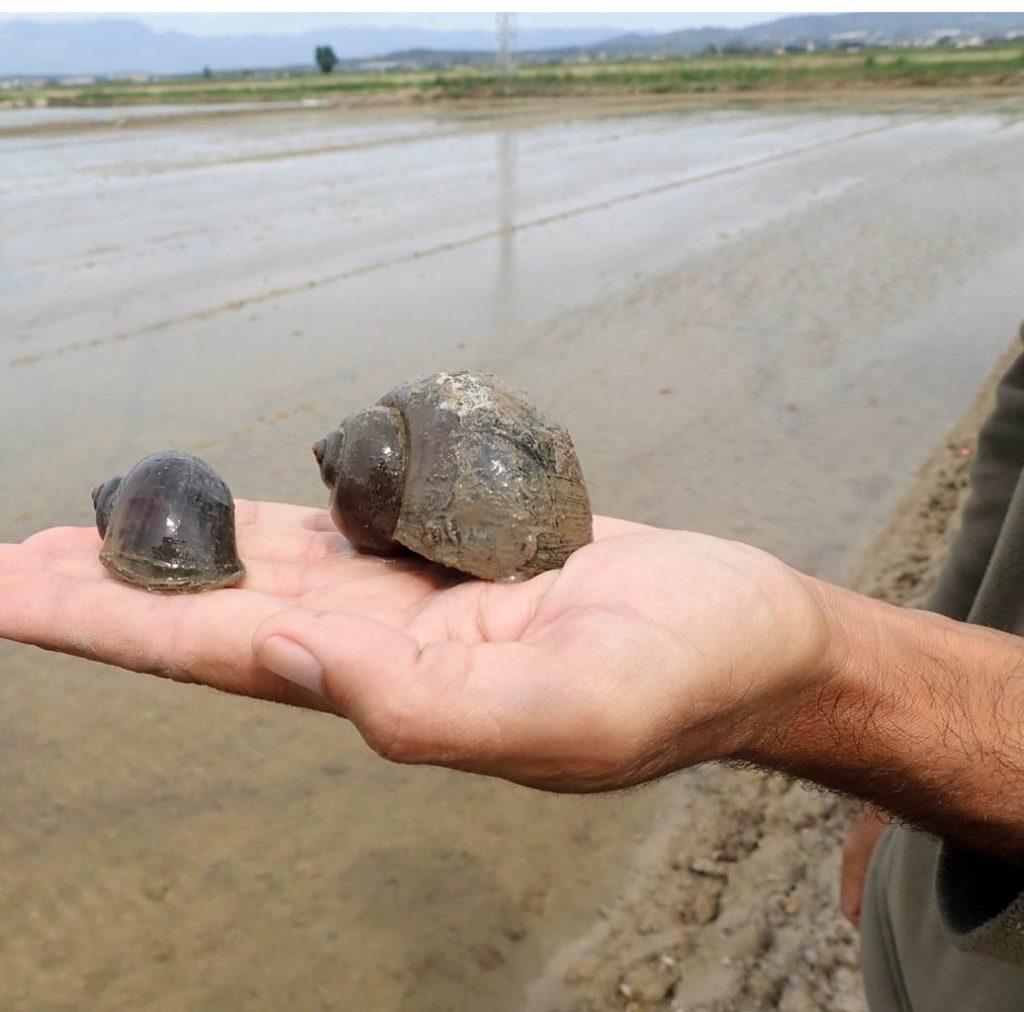
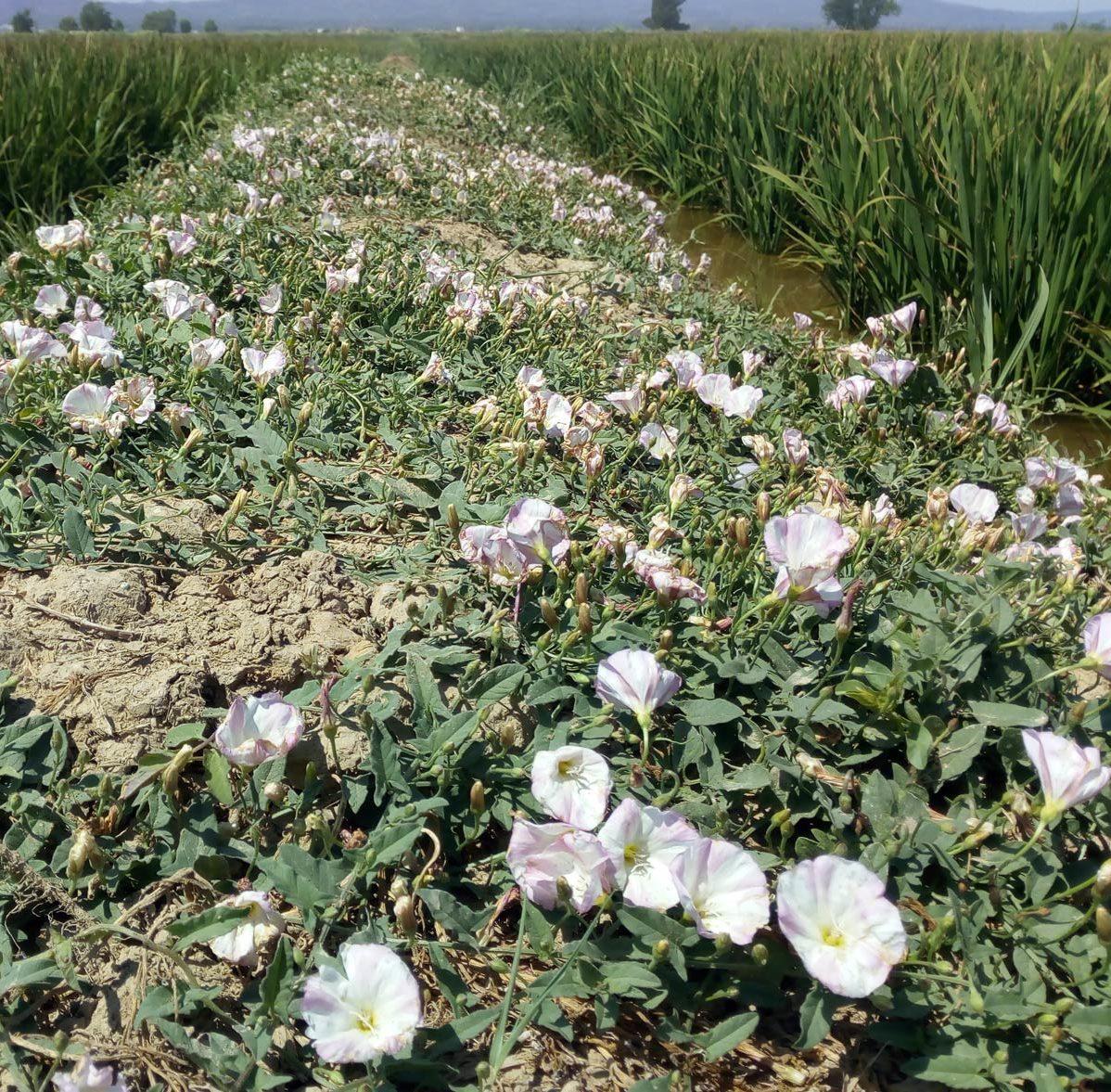
In the search for strategies to manage unwanted vegetation that sprouts freely in rice fields, we must remember that it is a real headache for all rice farmers. Palma tells us how "this phenomenon is the main headache of rice farmers, also of conventional rice production, since it causes competition in the crop and reduces production by up to 80-90%". For this reason, among others, the collaborative research of the project obtains results that can benefit all rice producers, whether organic or not.
One of the other outstanding innovations of the project is the discovery of organic and ecological solutions to improve rice production. An organic fertilizer has been discovered that has been shown to be beneficial for rice cultivation and can be used with the existing equipment of farmers in the area. At the same time, an effective organic fungicide has been identified for the control of fungal diseases in rice, which reduces its impact on the ear and is able to maintain the productive potential of optimal varieties.
The impact of the project
The ODR Project has demonstrated a great capacity for impact in various areas ranging from agronomic and environmental itself, through a significant socio-economic impact.
In this sense, it is worth highlighting the potential of the project to improve the optimization of resources necessary to produce rice, diversify management strategies and reduce the exposure to chemicals of farmers and tourists, while promoting biodiversity and reducing environmental pollution of soils and waters.
In addition, the project provides socio-economic opportunities for young farmers, who want to dedicate themselves to rice, through a product with added value, more natural for health and respectful of the environment, demonstrating at the same time that organic rice production is profitable in the short and medium term.
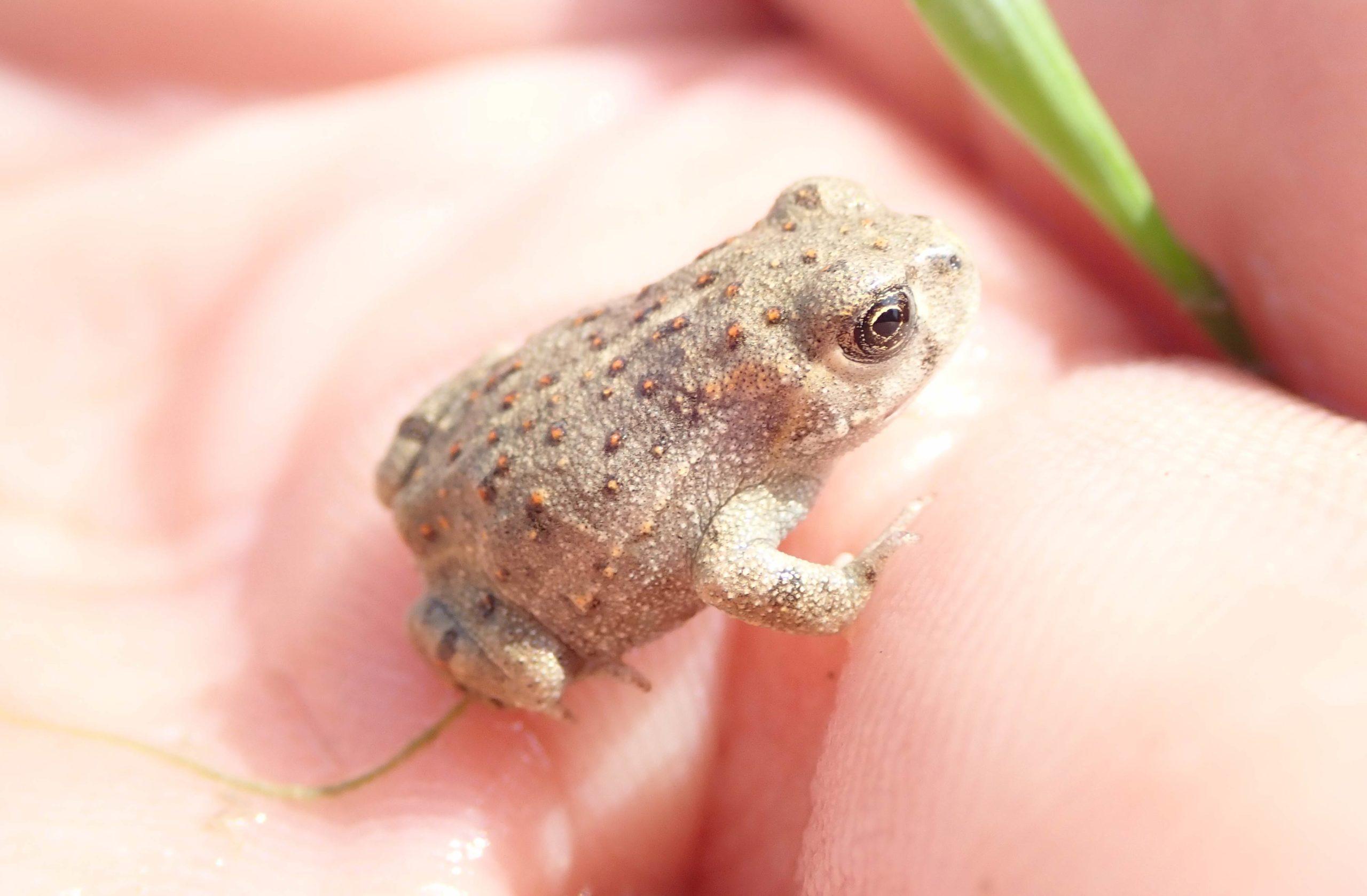
"Currently, the certified area of organic rice production in the Ebro Delta is anecdotal and represents 0.7% of the total," Palma tells us. Consequently, the medium-term expectations of the project include the expansion of the certified area in organic rice production, the recovery of biodiversity, the increase in investment in research, and the dissemination of organic production techniques to other rice regions.
A good example of this are the organic rice tests carried out by the Delta cooperatives during 2020 and 2021 before the end of the project, or the training for farmers and technicians on these practices during 2022. In conclusion, an initiative that represents an important step towards the agricultural sustainability of this iconic territory of Catalonia.
The expectations of the project
The project's medium-term expectations are promising. It is expected to see a growth in the area of organic rice production, as well as an increase in the number of rice farmers.
A project that opens up the hope of reversing the current loss of biodiversity in an ecosystem as fragile as the Ebro Delta. In addition, it is hoped that the project will inspire other rice-growing areas of the peninsula such as Valencia, Andalusia, Extremadura or Murcia, and that conventional rice production will take advantage of techniques and products for organic production.
Organic production is a clear opportunity to change the current model of rice production and promote biodiversity, although this will involve a considerable effort for all involved.
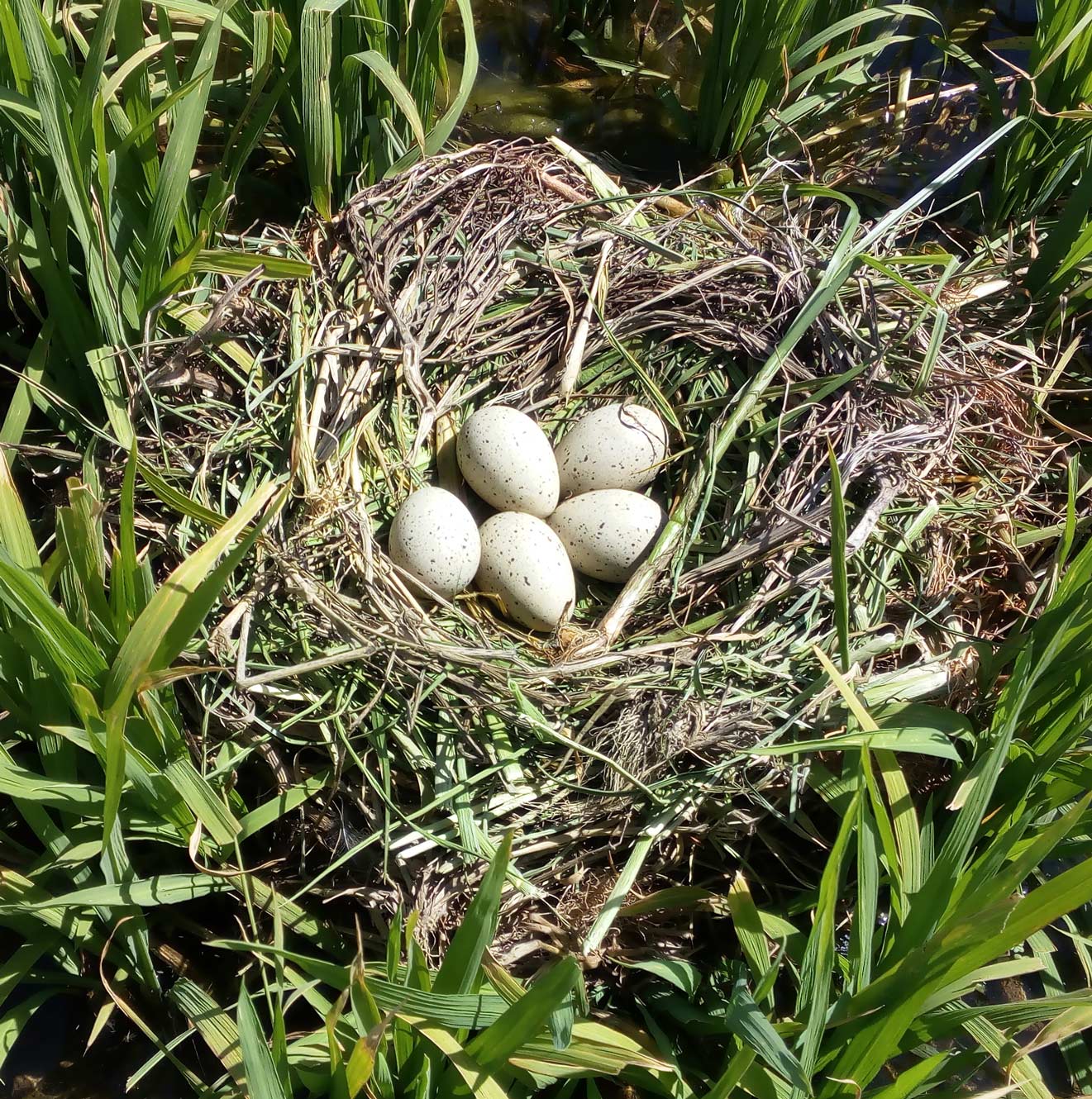
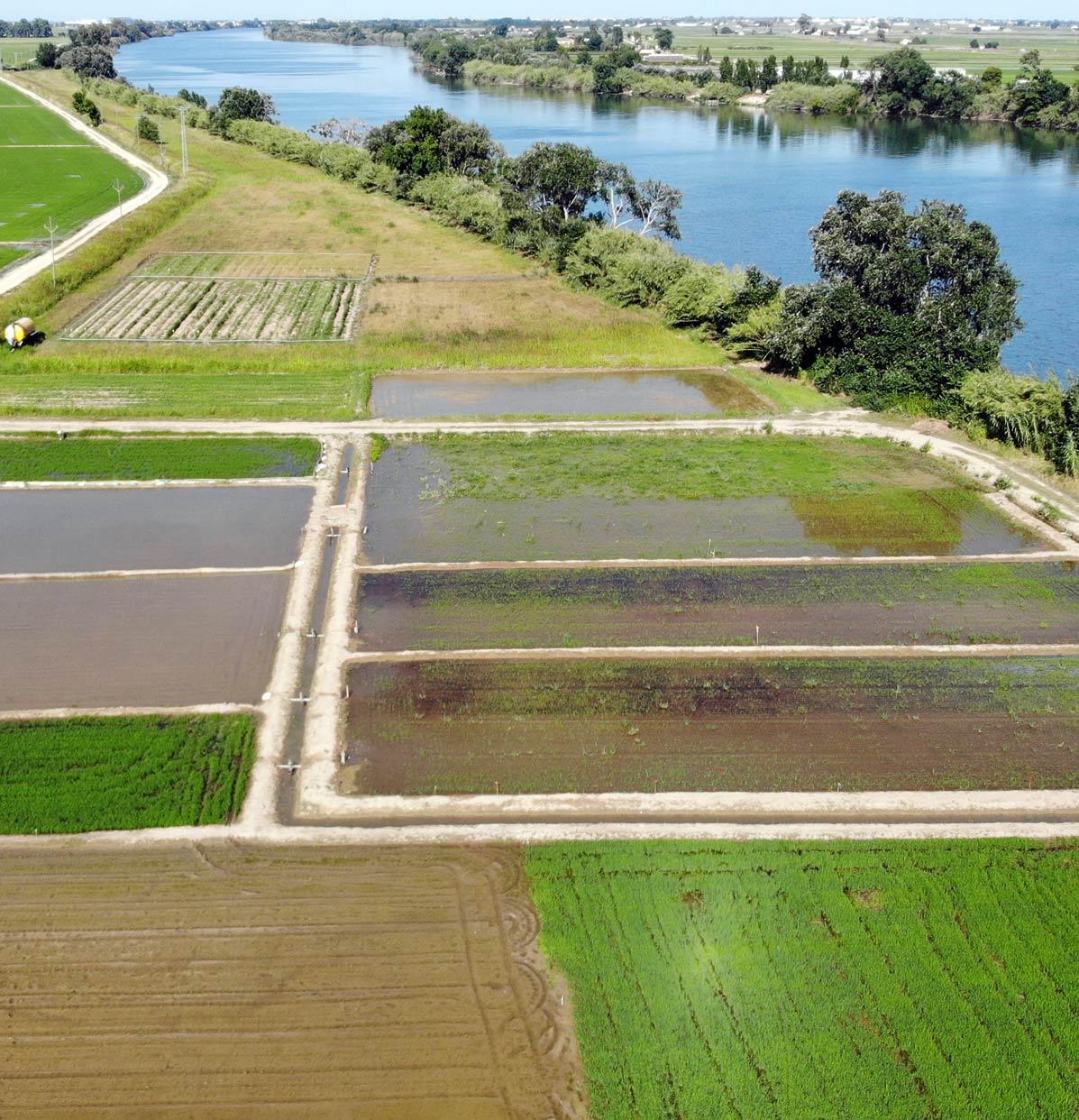
The promotion of organic rice production in the Ebro Delta is increasingly consolidated thanks to the commitment to projects such as this one, led by the company Agroserveis.cat hand in hand with the University of Barcelona.
But for these practices to become widespread, it is essential that society becomes aware of the importance of preserving and respecting biodiversity in rice production. Environmental education in schools, institutes, social networks, television programmes and in large cities where citizens are more disconnected from the rural environment and nature, can be key in this regard.
Palma is convinced that, in the long run, the added value of organic rice, both in terms of the quality and profitability of the product and its contribution to the preservation of biodiversity, will make this investment worthwhile.
In short, the Ebro Delta is at a decisive moment, where the preservation of biodiversity and the economic viability of local agriculture can go hand in hand through the production of organic rice. The ODR Project represents a great opportunity to make this vision a reality.
